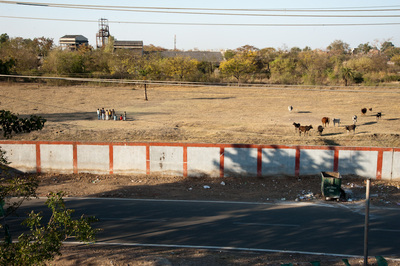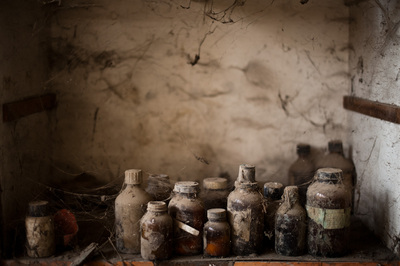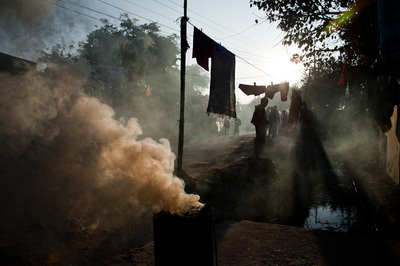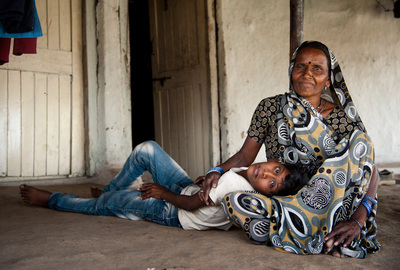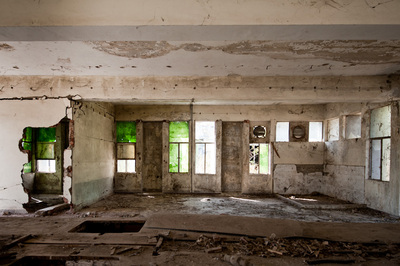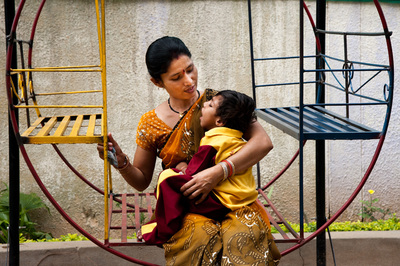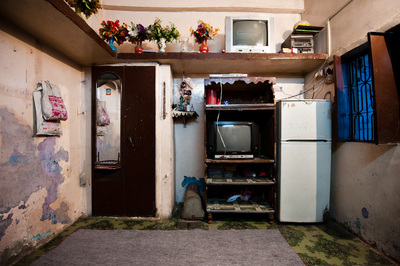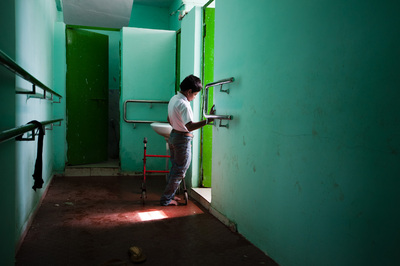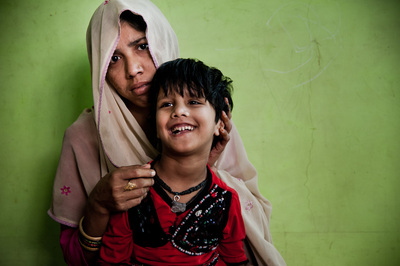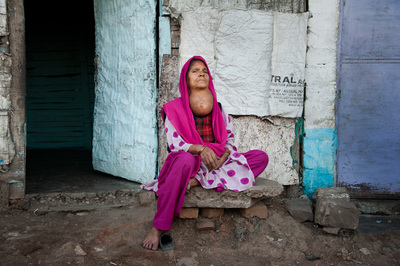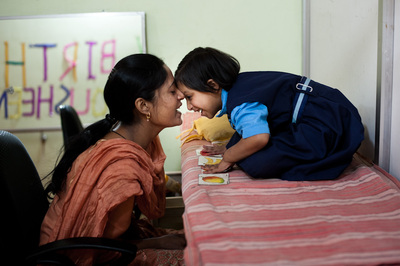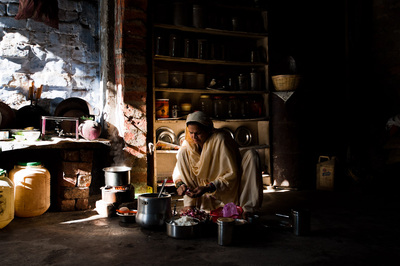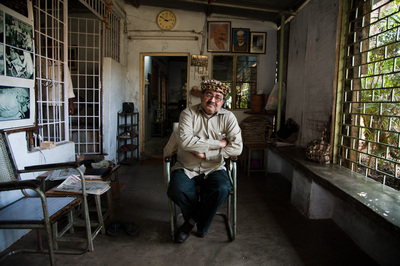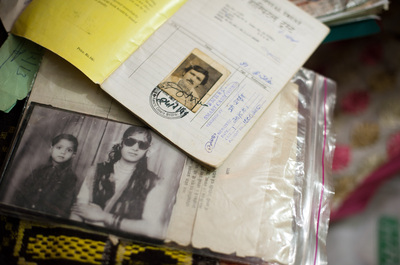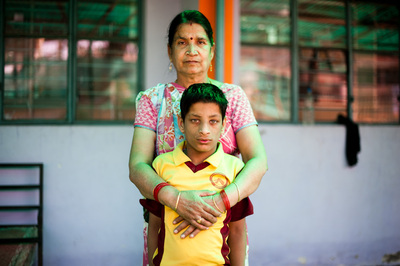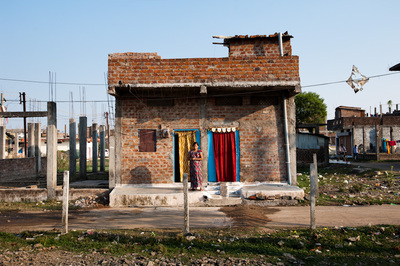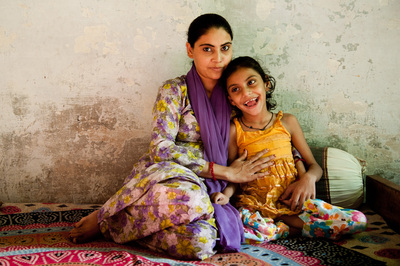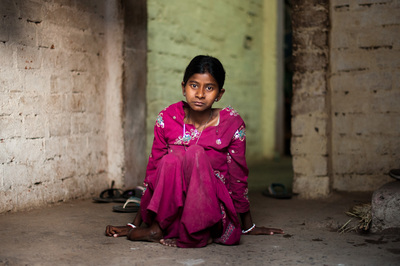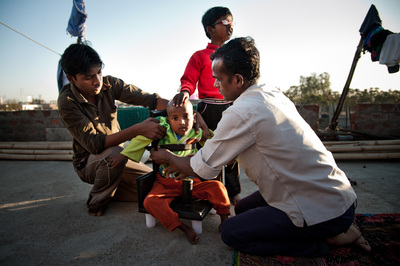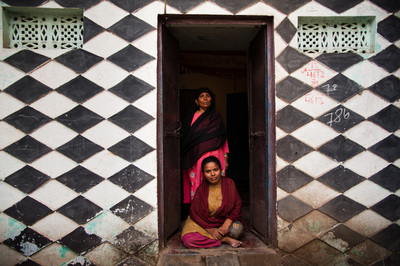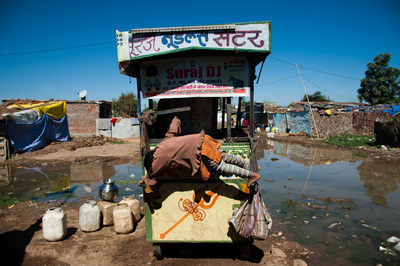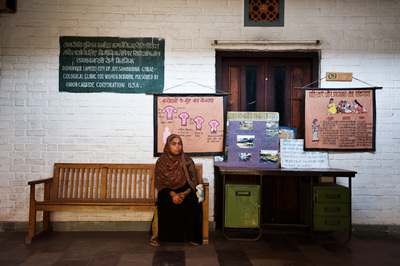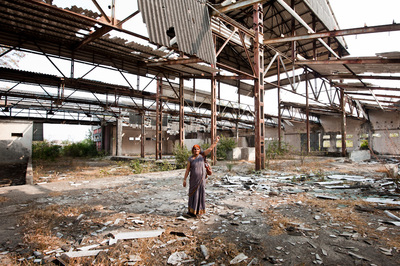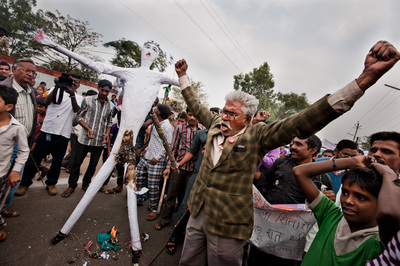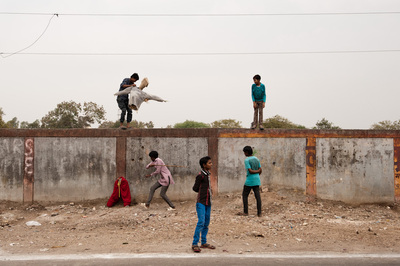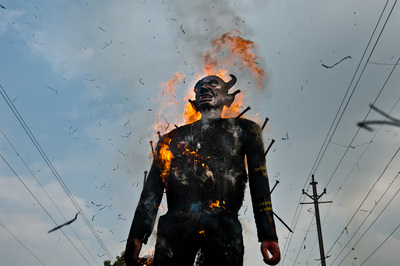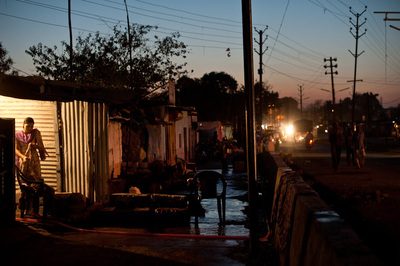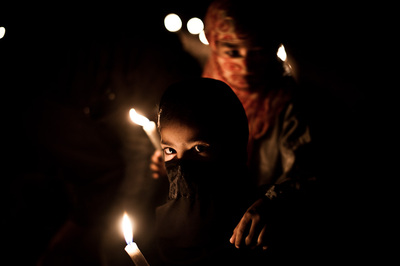Mothers from Bhopal
|
In the middle of the night of December 2-3, a gas leak from a tank in the Union Carbide pesticides factory in Bhopal caused one of the worst catastrophes in history. Between that very night and the following days, between 35 and 45 thousands people died. In the years to come, many other thousands died and many others developed serious health problems. The factory, surrounded by slums and neighborhoods inhabited by poor workers’ and laborers’ families, had been showing for a long time signs of structural and safety problems, which were ignored both by the factory supervisors and by authorities. The latter’s negligence has brought to a tragedy whose consequences are still there. Thirty years later, in fact, people keep dying and those who died keep remaining with no justice. The second generation of victims, born from those who inhaled the gas, manifests every kind of pathology, while the percentage of children born with malformations, sensory diseases and serious physical and mental problems is extremely high. The already difficult situation is worsened by the fact that no cleaning up has been made on the ground where the accident has occurred. The toxic substances came out in “that black night”, as Bhopal people call it, have been infiltrating ground water, and they keep poisoning people living near to the factory, serving death from an apparently empty tank.
The tragedy has indeed produced a huge popular participation and extremely important experiences of activism, but the associations working on the field are few and often poorly financed. Both state authorities and Union Carbide (now Dow Company) management, have dismissed their responsibilities. Compensations, often of a very small amount and blocked by state bureaucracy, have reached only part of the victims. In this situation, women have been those more affected by the disaster. It could be said that women have taken the burden of the tragedy on themselves: they go to the hospital for their relatives’ treatment, they take care of bureaucratic practices in government offices, and attend protest meetings and demonstrations. In spite of all the difficulties caused by the disaster, women have kept strong. In spite also of their own physical and health problems, they have never gave up with fighting and the care of their children. |
|
